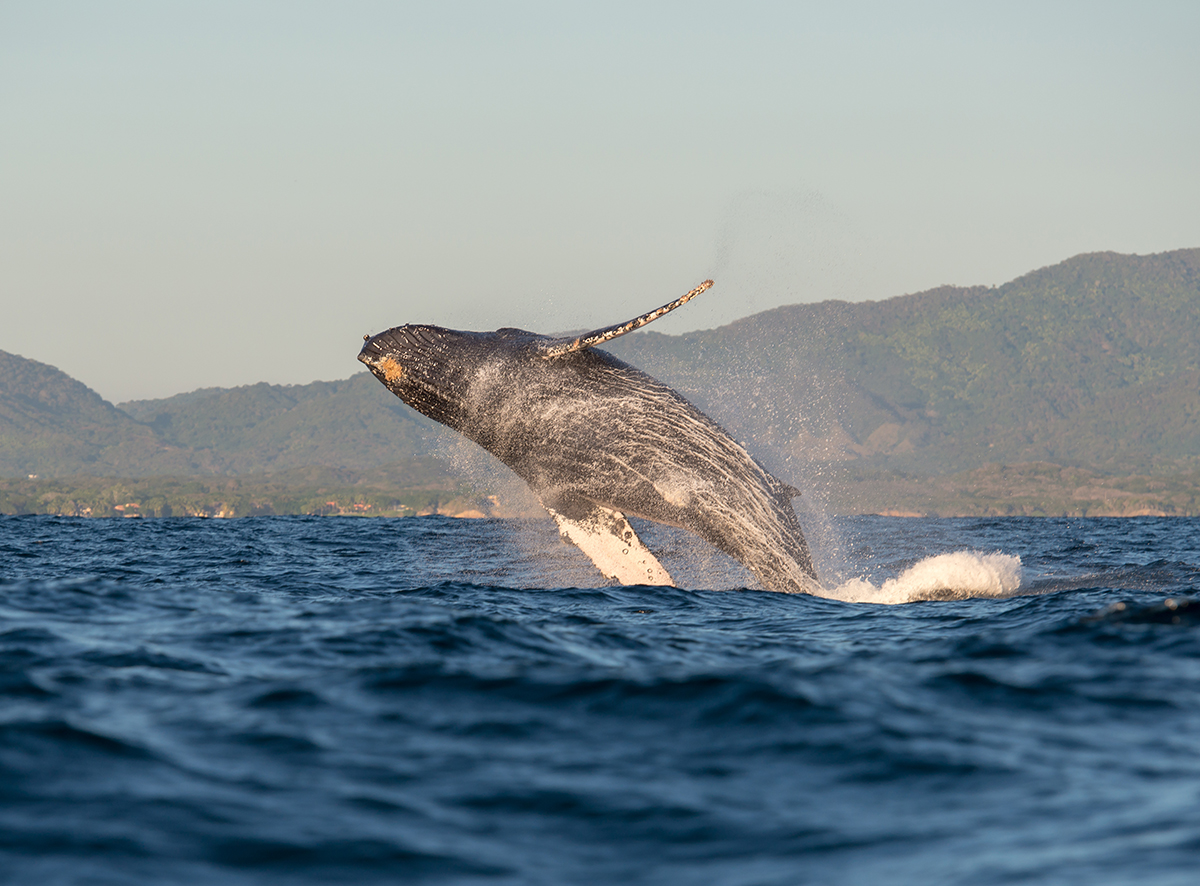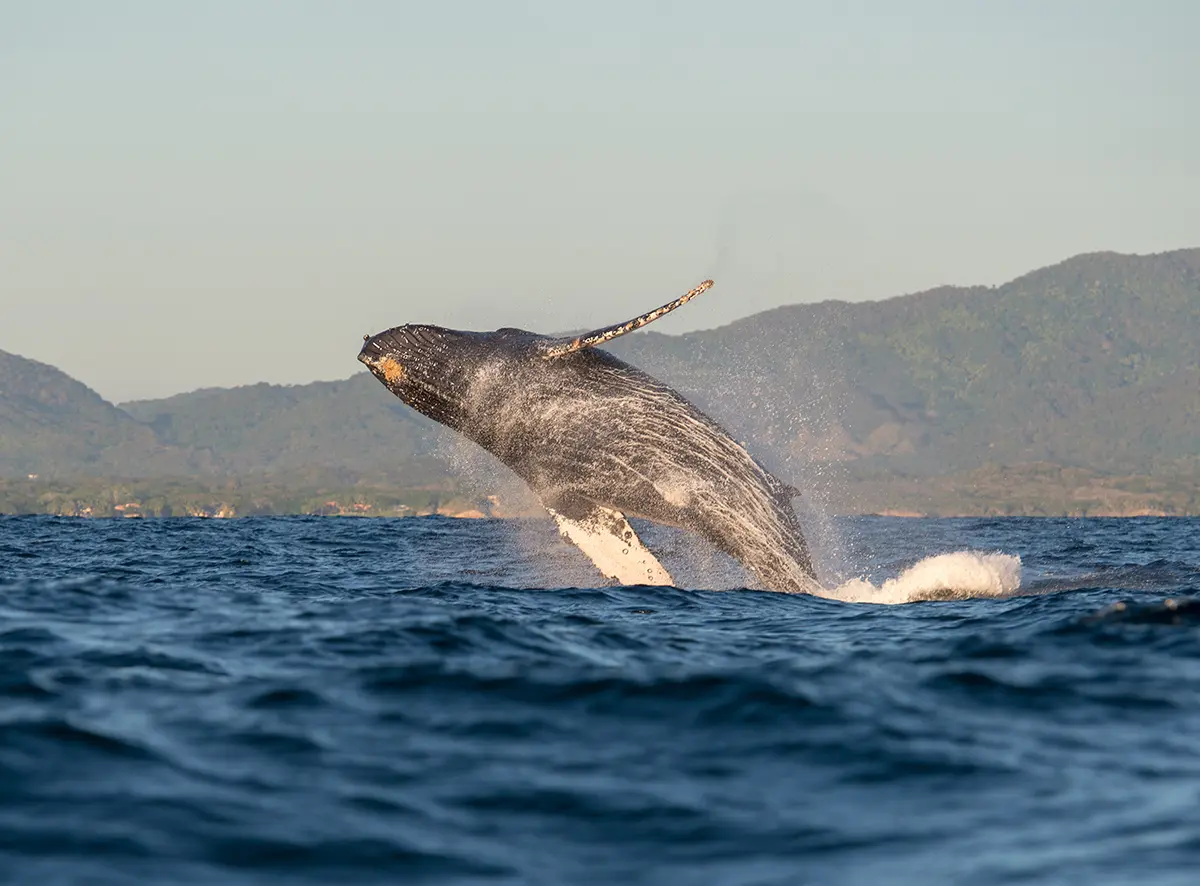Whale watching is a breathtaking adventure that allows you to witness the magnificence of these gentle giants in their natural habitat. To make the most of your whale watching experience, it’s essential to know what to expect and how to prepare. Here are ten vital tips that will ensure you have the best possible time on the water.
1. Choose the Right Season
Understanding the best time of year for whale watching in your chosen destination is crucial to spotting these magnificent creatures. Typically, different whale species have specific migration patterns and breeding seasons. For instance, if you’re looking to see humpback whales, planning your trip between late spring and early fall can significantly increase your chances. Research the migration routes of the species you hope to see, and don’t hesitate to ask local tour operators for insights based on current conditions.
It’s interesting to note that whale watching laws can vary by season, with stricter regulations during breeding times. Awareness of seasonal changes allows you to not only spot more whales but also to enjoy a more enriching experience as you connect with their natural rhythms.
2. Select an Experienced Tour Operator
Opt for reputable tour companies that emphasize safety, conservation, and knowledgeable guides for the best experience. An experienced operator doesn’t just provide a boat; they also offer expert insights on whale behavior and the marine ecosystem.
Do your research before booking a tour. Look for reviews and testimonials from previous participants. A company that prioritizes customer safety and strives to protect marine life demonstrates a commitment to responsible whale watching, which ultimately enhances your experience while ensuring the sustainability of these beautiful creatures.
3. Dress for Success
Ensuring you wear appropriate clothing and layers can make a huge difference in your comfort during the outing. Weather conditions at sea can change rapidly; therefore, dressing in layers allows you to adapt to the cold breeze and the warmth of the sun. Waterproof jackets and sturdy footwear are essential to keep you dry and stable on the boat.
Additionally, being prepared for sun exposure is crucial. Sunscreen, sunglasses, and hats can help protect you from the glaring sun while you spend hours on the water. It’s all about maximizing your comfort, so you can focus on enjoying the thrill of spotting whales!
4. Bring the Right Equipment
Having a good camera, binoculars, and sunscreen can enhance your whale watching experience significantly. A good camera with a zoom lens allows you to capture those breathtaking moments without disrupting the whales. Invest in a pair of quality binoculars, which can make distant whales appear much closer, providing an immersive and exciting experience.
Don’t forget the essentials—snacks and water are often overlooked but can make your long sailing hours more enjoyable. Staying hydrated and having a little energy boost can keep spirits high while you keep an eye out for any sign of wildlife. Preparing this equipment in advance can make all the difference during your trip.
5. Be Patient and Attentive
Whale watching requires patience; stay alert and enjoy the ride while waiting for sightings. It’s essential to understand that these creatures are wild and unpredictable. You may find yourself sailing for a while before a whale surfaces; however, the anticipation is part of the thrill.
Use this time to bond with fellow travelers or engage with the crew. Share stories and insights about marine life, enriching your adventure as you wait. Maintaining a patient and attentive mindset will heighten your appreciation for the experience when you finally see the whales!
6. Follow the Tour Guidelines
Listening to your guide and adhering to safety regulations ensures both your safety and the well-being of the whales. Tour operators often have specific guidelines to follow that promote responsible whale watching practices.
Refrain from making loud noises or sudden movements that could disturb the whales. Respecting the animals means understanding their space and their behaviors—they are in their home after all. Adhering to these guidelines not only safeguards your experience but also enhances the experience for everyone involved.
7. Understand Whale Behavior
Learning about whale species and their behaviors can heighten your appreciation and excitement during the experience. Familiarize yourself with the characteristics of the whales you’re likely to encounter. For example, knowing that orcas display complex social structures can add layers to your observations when you see them.
The more you know about how whales communicate, hunt, and migrate, the more rewarding your experience will be. Engaging with the guide during your tour and asking questions can also provide deeper insights into the incredible lives of these marine mammals.
8. Respect Marine Life
Always maintain a respectful distance from the whales and follow responsible whale watching practices. This principle not only protects the whales but also enhances your observation experience as you witness their natural behaviors.
Educating yourself on the best practices for marine life interactions is crucial. Respecting their environment ensures that future generations can enjoy the miracle of whale watching just as you have. Let’s all commit to safeguarding these majestic beings during our encounters.
9. Capture the Moment Mindfully
While it’s tempting to snap countless photos, be sure to put the camera down and take a moment to simply enjoy the sight. The thrill of observing a massive whale breaching the surface or tail slapping against the water is a singular experience that’s often more fulfilling when fully engaged in the moment.
Mindful observation encourages you to connect with nature in a deeper way. When you allow yourself to be present, you’ll be able to appreciate the sounds, smells, and sensations around you, making the experience memorable beyond the photos.
10. Share the Experience
Enjoying whale watching with friends or family can create lasting memories that you’ll cherish together. The excitement of spotting your first whale is elevated when you can share that thrill with loved ones.
Take the time to engage in discussions about what you see and experience; it creates a richer adventure as you bond over your shared moments. Whether it’s laughter over a tail splash or awe at a close encounter, these shared experiences foster connection and ignite a passion for adventure!





